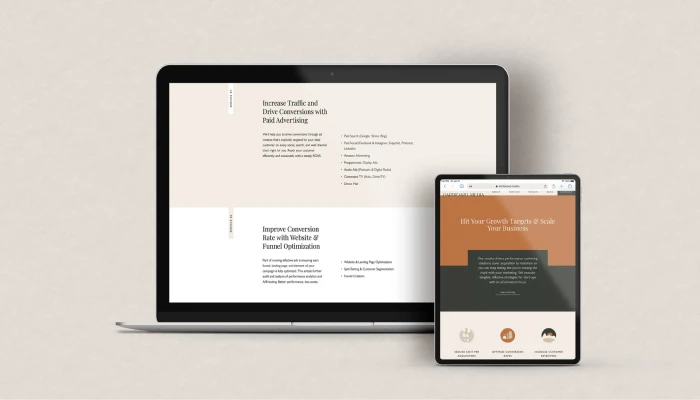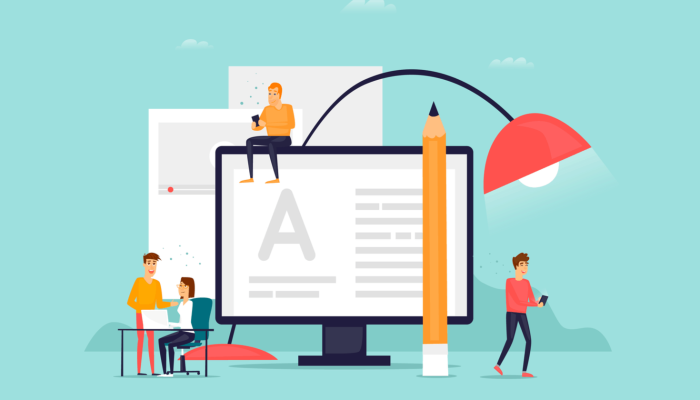Hello!
People are slowly waking up to the fact that cyberbullying and cyberstalking can be very real dangers. Now, cross platform harassment can be difficult to handle alone, especially if you’ve never been put in such a situation before. Prevention is better than the cure as they say, so here are several ways of avoiding dangers on social media.
Think Before You Post
 Setting your profile to private and activating all the fancy “privacy” settings on Facebook, Twitter, Instagram (and so on) isn’t a bad idea in itself. However, keep in mind that your posts can still be shared by people who don’t necessarily have your best interests in mind.
Setting your profile to private and activating all the fancy “privacy” settings on Facebook, Twitter, Instagram (and so on) isn’t a bad idea in itself. However, keep in mind that your posts can still be shared by people who don’t necessarily have your best interests in mind.
Moreover, things you post now (even as a joke) can come back to bite you later on. Schools and employers can easily look up your name and social accounts online as part of a background check. Ask yourself if someone will get the wrong idea about you from reading that one tweet. It’s easy to get caught up in the moment in a heated online argument, so think twice before posting.
Doxx-proof Your Socials
Another thing to consider is the potential for doxxing. In other words, people finding out your real life information and posting it online, or threatening to do so for blackmail purposes. The most innocuous things can lead to doxxing, like mentioning you went to a certain school, or the name of a classmate.
 Consider cleaning up your social media and remove posts that could lead cyberstalkers to find out private details about your life.
Consider cleaning up your social media and remove posts that could lead cyberstalkers to find out private details about your life.
Finally, do a Google search for your name and online handles and see if the results are tied in any way to personal info. Despite some social media privacy settings telling Google not to index your account, you never know what kind of spammy websites still pop up. Use this form and Google will remove any results you’re not comfortable with.
Hide Your IP Address with a VPN
If you weren’t already aware, your IP address reveals several key details about your location – namely, your country, city, and possibly ZIP code. While it won’t give out your exact address, cyberstalkers can still use your approximate location to confirm other personal details they might have on you.
 By using a Virtual Private Network (VPN), you mask your real IP and thus your actual location. Not only that, but a VPN will encrypt (or scramble) your online data. This makes it virtually impossible for hackers, government surveillance, or even your ISP to tell what you’re up to online. You can safely browse social media and perform sensitive transactions (online banking, PayPal, etc.) on public Wi-Fi. Finally, your ISP won’t be able to sell your data to shady advertisers.
By using a Virtual Private Network (VPN), you mask your real IP and thus your actual location. Not only that, but a VPN will encrypt (or scramble) your online data. This makes it virtually impossible for hackers, government surveillance, or even your ISP to tell what you’re up to online. You can safely browse social media and perform sensitive transactions (online banking, PayPal, etc.) on public Wi-Fi. Finally, your ISP won’t be able to sell your data to shady advertisers.
Use Two-Factor Authentication (2FA)
We’re sure you’re sick of hearing about 2FA by now. And yes, it can be kind of annoying having to use a separate device just to log in and scroll through some Twitter memes. However, 2FA is your first line of defense in case your account gets compromised through phishing or other attack methods.
 Ideally, you should use an authenticator app (Google Authenticator, Authy, etc.), but SMS-based 2FA is better than nothing. Unfortunately, giving out your phone number to any website is already a privacy risk in itself. Moreover, hackers can potentially trick phone services into handing over control over your account, defeating the purpose of SMS 2FA altogether.
Ideally, you should use an authenticator app (Google Authenticator, Authy, etc.), but SMS-based 2FA is better than nothing. Unfortunately, giving out your phone number to any website is already a privacy risk in itself. Moreover, hackers can potentially trick phone services into handing over control over your account, defeating the purpose of SMS 2FA altogether.
In fact, there are many similar ways cyber harassers can get around safeguards like this. Follow the link at the beginning and learn more about recognizing threats on other platforms, both online and offline.
Thank you!
Join us on social media!
See you!









